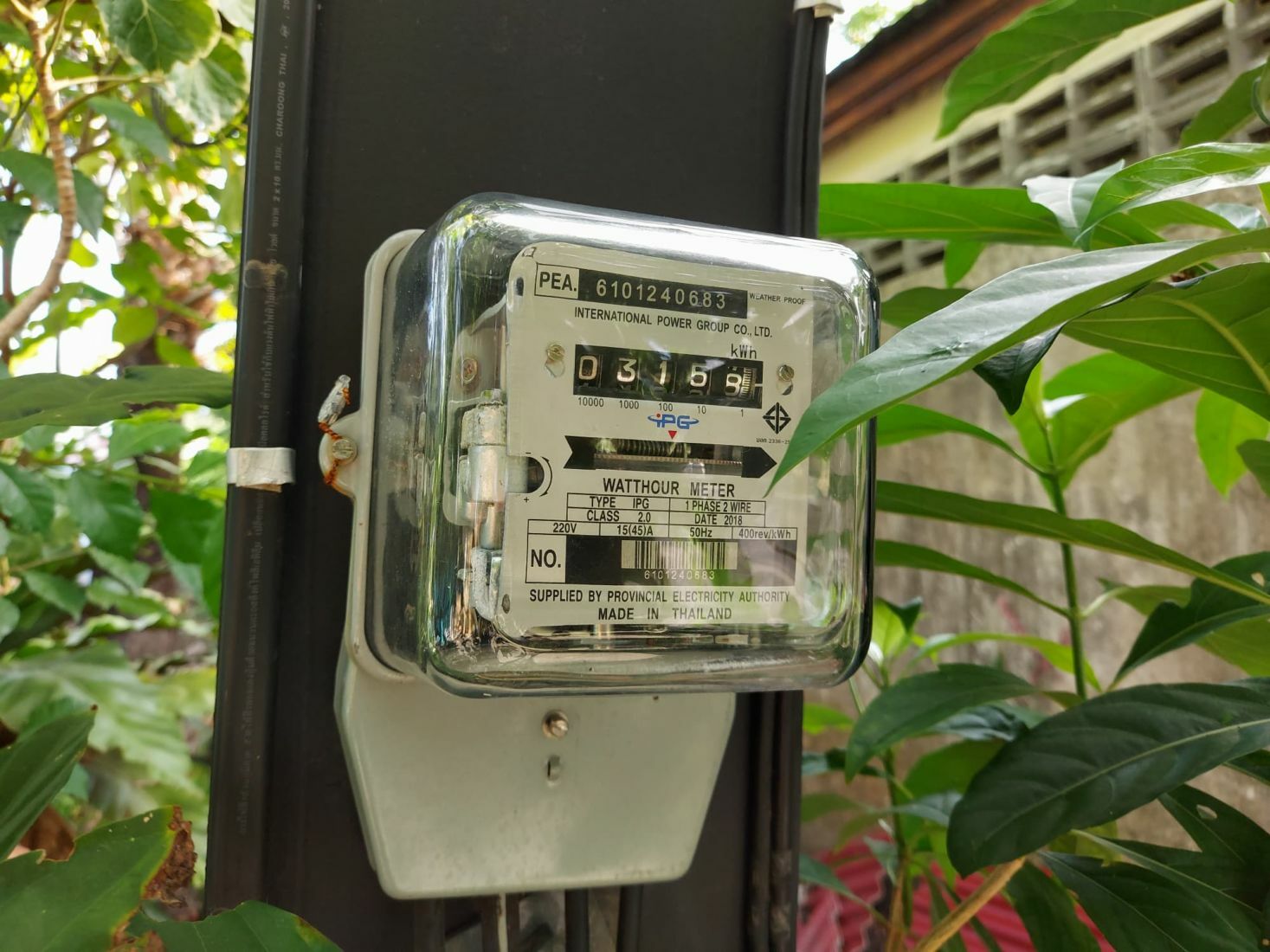Power play: FTI cheers new government’s energy cost pledge

The Federation of Thai Industries (FTI) expressed its satisfaction with the newly elected government’s commitment to lowering energy costs and retail diesel prices. Newly inaugurated Prime Minister Srettha Thavisin has prioritised energy price reductions as an early objective of his administration.
An immediate cut in energy prices has been promised by the 61 year old Srettha and his Cabinet upon assuming office. FTI Chairman Kriengkrai Thiennukul pointed out that the escalation in energy bills and diesel prices has significantly impacted living and manufacturing expenses. He further added that the private sector has been consistently advocating for measures to alleviate these pressures.
The household electricity tariff stood at 4.7 baht per kilowatt-hour (unit) for the period between May and August. A slightly reduced rate of 4.45 baht per unit is set for September to December, which the FTI still regards as excessively high.
Kriengkrai said the FTI would be happy if the new government works to reduce energy bills and the diesel oil price.”
“The FTI and the Joint Standing Committee on Commerce, Industry and Banking are always calling for the government to consider reductions.”
Kriengkrai expects decisive measures from the new administration to address high energy prices, vital for lowering living and manufacturing costs, especially for SMEs facing challenges.
Kriengkrai worries about Thailand’s industries losing out to countries like Vietnam due to lower energy bills, impacting competitiveness. Diesel price in Thailand remains at 32 baht per litre.
The Finance Ministry revived the 5.99-baht excise tax on diesel after ending a tax reduction scheme. FTI notes rising production costs due to high energy bills and retail oil prices, reported Bangkok Post.
Kriengkrai believes lowering both will benefit the public and purchasing power. However, FTI opposes raising the minimum wage to 600 baht daily this year, citing pandemic impacts, a sluggish global economy, and high interest rates.
Latest Thailand News
Follow The Thaiger on Google News:


























